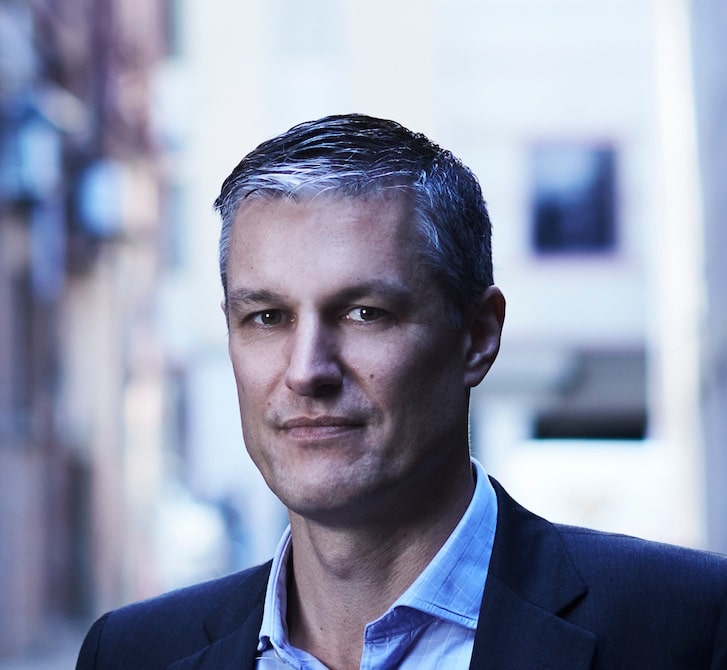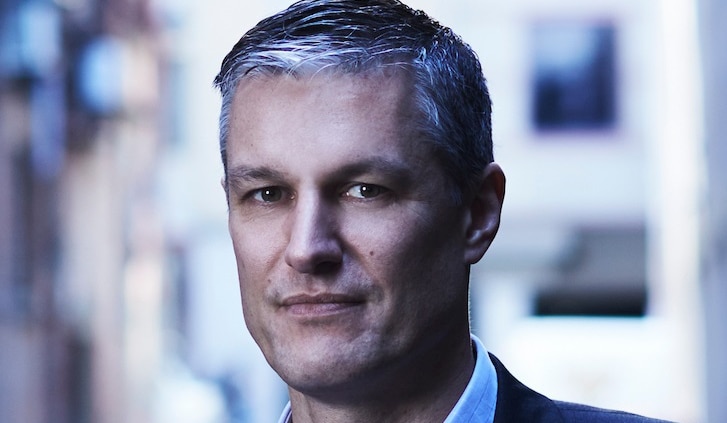Behavioral sciences inform public policy in Australia

In Australia the public hearings at the Royal Commission into misconduct in the financial services industry came to an end last week. Over the past year there have been 68 hearing days and 138 witnesses called to give evidence to the inquiry. And despite publishing a comprehensive interim report in September that forensically reviewed the causes of wrongdoing, Commissioner Kenneth Hayne has left few clues on what to expect in his final recommendations.
But one thing we can be sure of is that Commissioner Hayne will leave few stones unturned as he begins his deliberations. As an illustration of this, it was pleasing to see that one of the various sources he is drawing insight from is the behavioural sciences. In the lead up to the last round of hearings, the Royal Commission published a paper authored by Sunita Sah at Assistant Professor at the Johnson Graduate School of Management at Cornell University. The paper, which can be downloaded from the Royal Commission website, reviews the behavioral research into conflicts of interest.
Conflicts of interest are pervasive in the financial services industry. The evidence presented at the Royal Commission has illustrated the inferior outcomes associated with them. Amongst other things, Sah’s paper describes two of the major themes that emerged from the conflicts of interest research that help explain these outcomes.
The first theme is that conflicts of interest are notoriously difficult to overcome. Even advisors who claim that they are objective and able to overcome their pernicious influence can be (and are) seduced. Mechanisms like moral disengagement and self-serving bias work to blind conflicted parties to their actions. And if the norms in the environment endorse self-interested behaviour, then the likelihood of advice being objective is further reduced.
The second theme is that disclosure, often seen as the panacea to conflicts of interest, can drive perverse outcomes. To begin with, research has shown that disclosure can, under some circumstances, cause the conflicted party to behave more egregiously. As Sah states in the paper submitted to the inquiry:
“…people think it is less morally reprehensible to give biased advice intentionally once a conflict of interest has been disclosed (caveat emptor), and advisers may strategically increase the bias in their advice to counteract anticipated discounting of their advice by their audience.”
But in addition to compromising the advice provided by the conflicted party, disclosure can also increase the likelihood that recipients of conflicted advice adopt it, even if it’s not in their best interest to do so. A number of reasons have been proposed to explain why this occurs. For example, recipients of advice might feel pressured to accept it for fear of (a) signalling to the conflicted party that they are not trusted (so called “insinuation anxiety”), or (b) disappointing the conflicted party (the so called “panhandler effect). Also, disclosure can result in increased trust, as the recipient of advice feels that the conflicted party is being altruistic by revealing their conflicts.
Unfortunately, short of eliminating conflicts of interest, Sah admits that there are no straightforward remedies. Education and training have shown to be effective in increasing awareness but not reducing bias. Imposing sanctions for providing inappropriate advice or requiring the recipients of advice to seek second opinions can also have shortcomings. The former can be difficult to police in circumstances where there is a degree of subjectivity in what constitutes objective advice. The latter meanwhile can cause the conflicted party to adopt a “profit-maximising frame” resulting in increased bias.
Creating a culture
Arguably the best antidote to conflicts of interest is to build a culture that promotes ethical behaviour and does not tolerate self-interest on behalf of advisors. As Sah states, “corporate culture, norms, and goal setting within institutions play a large role in succumbing to the biasing influence of conflicts of interest.”
Building ethical cultures https://www.ethicalsystems.org/content/take-our-survey-module-1-ethical-culture-measurement is of course no easy task. But it will, amongst other things, require that the incentive schemes that underpin and magnify many of the conflicts of interest that exist within the financial services industry be addressed.
Sah concludes in the paper submitted to the inquiry, “any proposed policy action to manage conflicts of interest should ideally undergo further testing in the field in which it will be implemented to assess the likely real-world impact.” Experimentation is a luxury that won’t be available to Commissioner Hayne as he begins turning his mind to considering what recommendations to make in his final report which is due to be handed down in February next year. If anything, Sah’s paper underscores the size of the challenge ahead of him.
Dennis Gentilin is an Adjunct Fellow at Macquarie University and works in the Governance, Regulation and Conduct practice in Deloitte’s Melbourne office.



